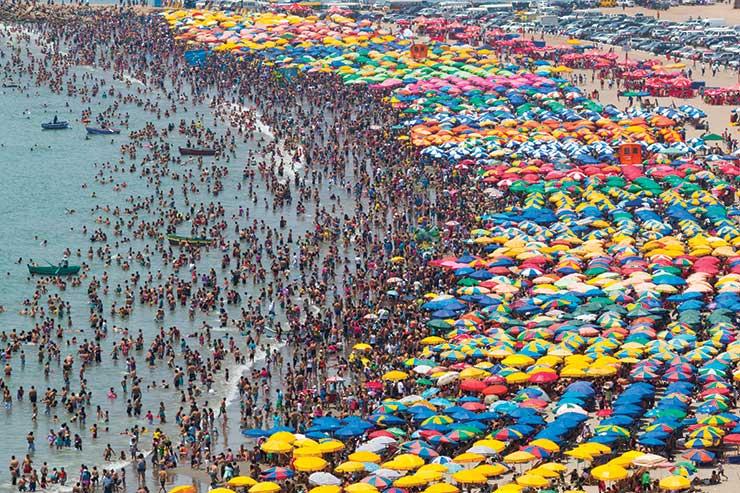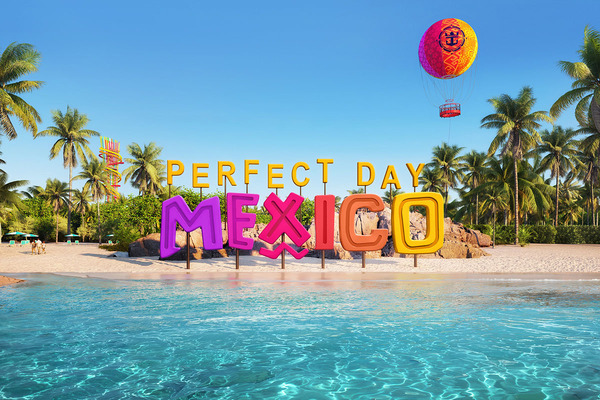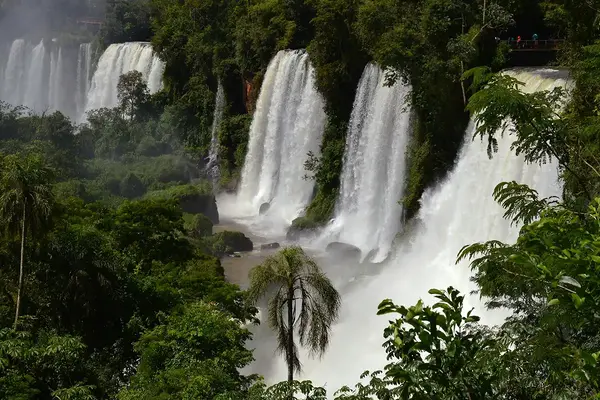Destinations will suffer if they get too popular
 Edward Robertson
Edward RobertsonDestinations need to start capping visitor numbers or face destroying the very thing that attracted travellers in the first place.
Speaking at the World Routes 2017 event in Barcelona, futurist and travel writer Doug Lansky said at the current rate of growth of international travellers, there were 150 million in 1970 compared to 1.235 billion last year, there will be more travellers than humans on the planet within 16 years.
And he warned that if destinations do not start considering how best to control numbers, they will soon find people no longer want to visit them.
Lansky said: “What are you doing about it in this room to fix it? You have capacity and understand how it works but you add more hotels and flights as if it was good.
“The number one reason for a destination to become unpopular is overcrowding. You’ve passed the tipping point but you’re still doing it.
“The soul of your destination is like your virginity, you only get to lose it once.”
Lansky cited the example of Venice where there are twice as many visitors per local inhabitant every day than there are visitors to Disney’s Magic Kingdom compared to staff members.
This has prompted protests in the city with locals in other destinations following suit as they find themselves dealing with the problems of mass tourism without any of the benefits.
He added: “You need to protect the destinations for years to come and airlines can help do that by putting the pressure on (destinations).”
Lansky added tourists also remained confused as to what they want on holiday due to the relatively new nature of mass travel.
He said humans have been hunter gatherers for 200,000 years while mass travel has only really got going in the last 60 years which explains why dining and shopping, the modern equivalent of hunting and gathering, are the two most popular occupations for travellers.
Lansky added technological leaps like increasingly efficient aircraft will drive further radical changes in the world of travel.
Sign up for weekday travel news and analysis straight to your inbox

Edward Robertson
Supplier Directory
Find contacts for 260+ travel suppliers. Type name, company or destination.













